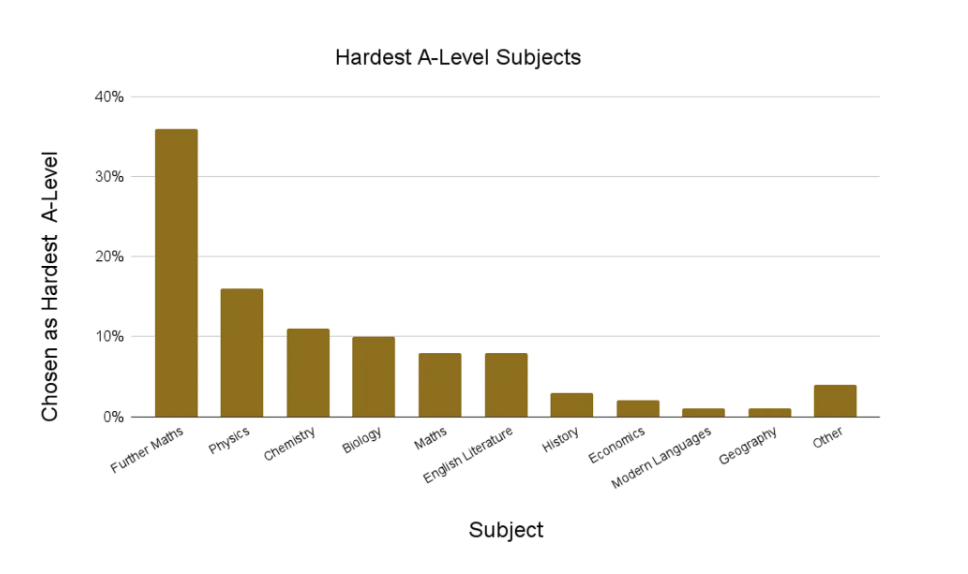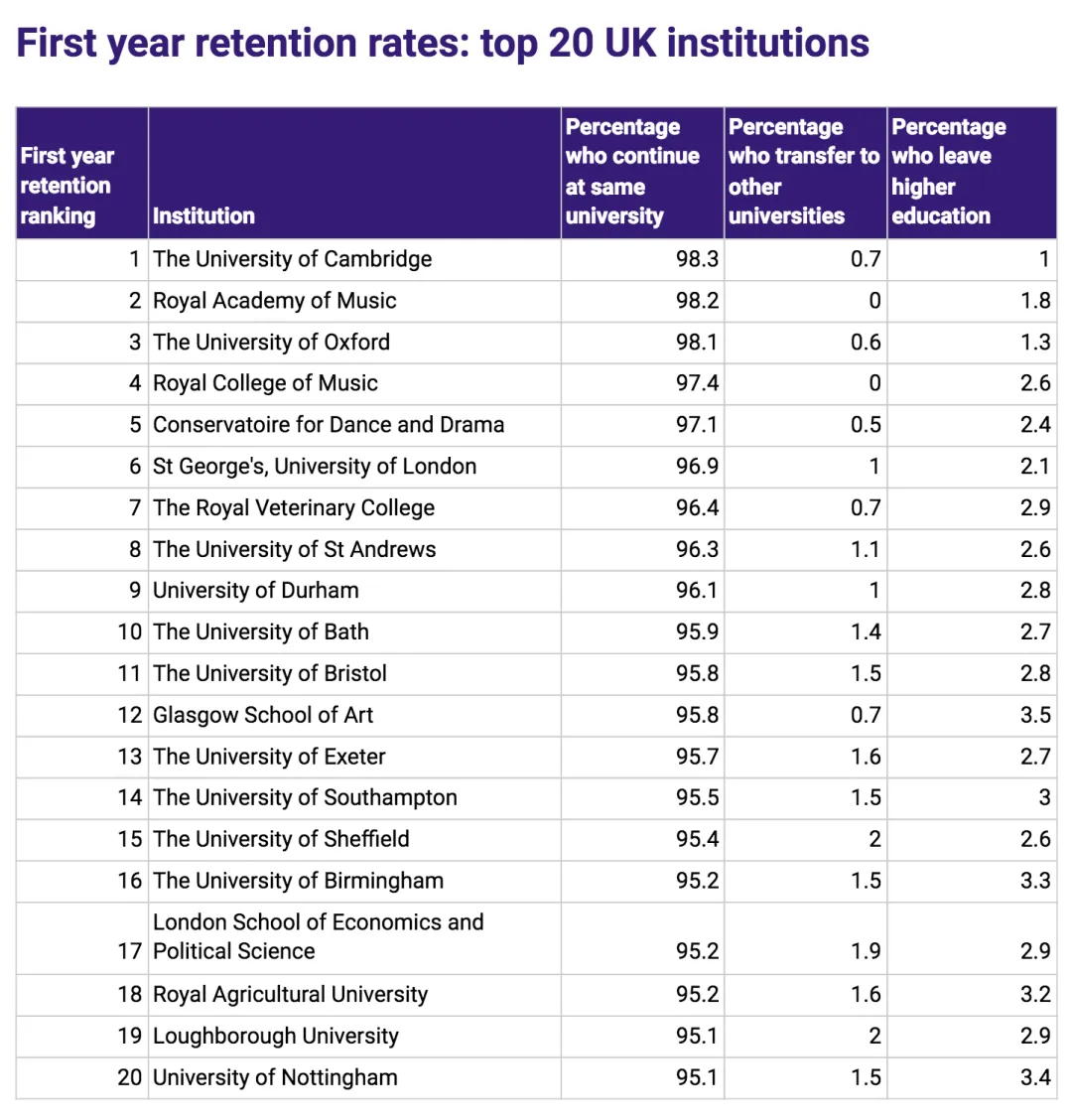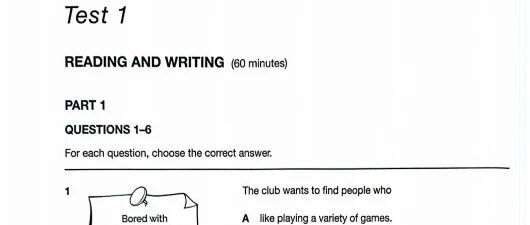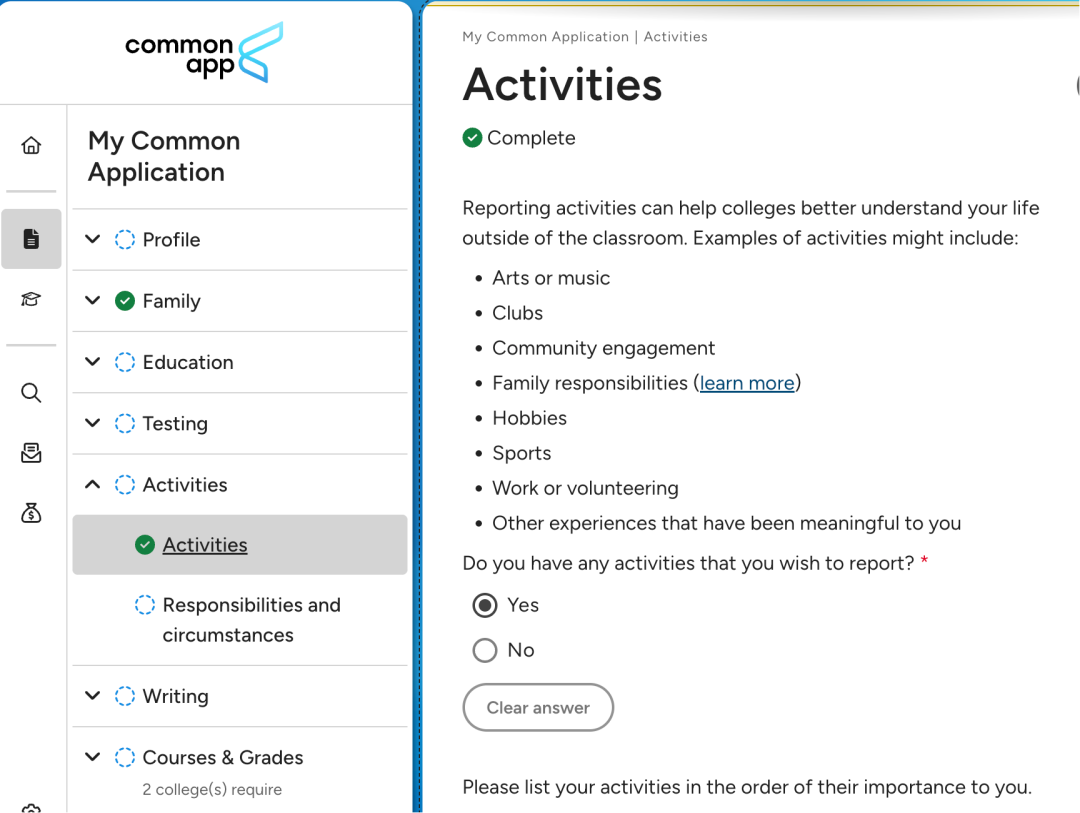IELTS SPEAKING
备考·策略
在备考雅思口语时,很多小伙伴虽然把题库的题目刷完一遍甚至两三遍。这么做是可以解决掉Part 1和Part 2的问题,因为这两部分的题目基本上和网上搜集到的回忆题目一致。但如果只是单纯就题刷题,就一个问题写一个答案,在考试时还是经不住考官的连环提问。这在Part 3尤为明显。
很多小伙伴都感叹说,“我觉得我1、2部分表现都挺好的,基本都是我准备过的题目,就是Part 3不太好……”实际上,你所认为的“Part 3不太好”,在考官看来可能和你第1、2部分的表现相差甚远,极有可能被判定为“背诵素材”,而不是真正地掌握了这些素材所代表的语言能力。那很自然,分数摇摆在一个很尴尬的分数。
要在雅思口语中获取一个心仪的分数(尤其是想冲高分的同学),大家需要调整自己备考的方式。大家要学会利用同一个素材要点,发散思考,将其联系并灵活应用在不同的题目中。这样,即使是在换题季,也能通过不同话题或问题的一些共性去进行回应和作答。
今天我们以“交通便利性”这一点来示范一下,将其发散,并用于不同的题目中。
核心点:
more efficient/reliable transport system 更加高效/可靠的交通系统
the underground /tube (line) 地铁(线)
exclusive bus lane 公交专用车道
high-speed train 高铁
shared bikes 共享单车
……
Whatdo you like most about your hometown?(Part 1)
这个题目是非常高频的一个题目,如果是相对发达的城市,那你可以利用“交通体系”这点来回应:
Well, I think what I like most about my hometown isits reliable transport system. You see, we’ve already had several tube lines and many more are under construction. It’s really convenient cos I can get to almost every corner of the city byunderground.
Whatdo you dislike most about your hometown?(Part 1)
同理,如果是相对较小或者比较偏僻的城镇,也可以利用这点来回应:
Honestly, I’m always frustrated with the transport system in my hometown. I mean, we don’t have any tube lines, and our town is not accessible by high-speed trains, which means whenever I leave home for university, I have to take the slower train, which always takes ages. (当然如果前面考官已经问过你“like”的问题,你用了“交通体系”这点来回答,在“dislike”这个题目时,最好可以聊一些其他内容,避免重复。)
What makes you feel proud of your country?(Part 1)
要知道中国目前的高铁在世界都是处于领先地位哦~ 厉害!
Well, I take great pride inour increasingly efficient and reliable transport system. You see, more and more cities and small towns are connected by high-speed trains. It has made people’s journeys much more pleasant and I think because of this, more people, including me, like to spend a short holiday in a nearby town or a faraway destination.
What do you usually do on weekends? (Part 1)
Usually, I sleep in and stay in, just like many others. But sometimes, especially if the weather is nice and pleasant, I like to invite one or two friends for a weekend getaway in a nearby town. Thanks to the efficient and reliable transport, we can get there within an hour or so.
Whydo Chinese people like travelling these days? (Part 3)
其中的一个原因点则可以利用“交通便利”来拓展:
If we’re talking about domestic and intercity travel, it can be put down to the increasingly efficient transport system. In the old days, say 30 years ago, we had no high-speed or bullet trains. Therefore, visiting another city would be time-consuming. However, with faster trains, we could reach these destinations with greater ease and in a much shorter time. This is why, for example, loads of dwellers in Chengdu go to Xi’an for a weekend break, and natives of Chongqing spend a weekend getaway in Chengdu or Kunming. There are plenty of examples like these.
A park you enjoyed visiting (Part 2)
在Part 2描述故事时,也可以用“交通便利”这点在背景部分进行填充:
It’s not a popular spot for locals until a new tube line is recently opened. With this new line, the park is easily accessible from almost everycornerof the city.
Since the opening of the new tube line, which connects my home and the botanic garden, I go there almost every month.
Well, it’s not so far away from my community and you know, we have an enormous number of shared bikes, so I often go cycling in that park.
大家可以尝试利用同一个点来回答以下的几个问题):
What’s the best invention in China in recent years?(Part 3)
Why do more and more people move back to the countryside?(Part 3)
How do you usually go to work/school?(Part 1)
Can you suggest any measures to reduce environmental pollution?(Part 3)
Describe a place that has been polluted. (Part 2)
总结一下:
很多小伙伴可能都会在不同渠道获取各种用于口语考试的“黄金理由”(如减压放松、枯燥乏味、节约时间金钱、增长见识&拓宽视野、环境污染等),但大家在记这些“黄金理由”时更应该做的是发散性地去思考,这个“黄金理由”,它的前因后果是什么,与之相关的例子有哪些,与它相关的过去、现在、未来三个时间维度的现象有哪些,它和不同群体之间的联系又是如何,等等。
毕竟,像part 3的很多问题,可能有的小伙伴用中文都很难说明白 —— 说到底,还是在思维、想法上太匮乏,再加上语言能力不够,那就更难应对了。















